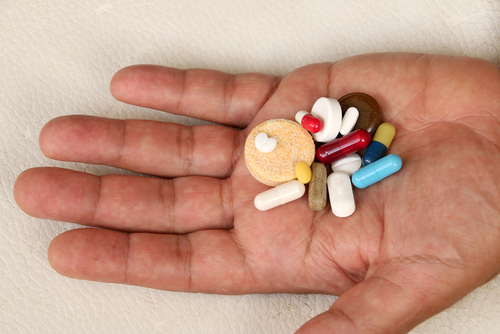Medicine is constantly evolving, finding new treatments and ways to support individuals with various medical conditions. While finding cures is challenging, more are being discovered every day. Learn the impact of an overmedicated society.
Epidemic vs. Overmedication
The most commonly prescribed type of medication is antidepressants. More than 10% of the population takes an antidepressant and women are much more likely than men to experience it. As much as 35% of all women take an antidepressant. More people are being prescribed antidepressants every year. The numbers have doubled and continue to rise on a yearly basis.
Many people outside pharmaceuticals feel society is overmedicated. Drug companies have been cutting budgets on research and development while bolstering marketing budgets.
Why it is Happening
If people truly live in an overmedicated society, profits are clearly a driving force. Many other problems have also been suggested in that people self-report problems. If a person says he or she is depressed, that individual may take the word for granted and write a prescription without testing or diagnosing depression. Many people who are sad, stressed or going through a challenging time may be misdiagnosed, leading to overmedication.
Stigma
Stigma plays a big factor in the contribution to rising antidepressant use. Some studies have suggested placebos work just as well as talk therapy or antidepressants. Therapy and other forms of treatment are not always available. Instead of seeking help, people are encouraged to take a medication to alleviate symptoms. People who seek therapy and other forms of treatment are often stigmatized as emotionally weak or crazy. Therapy for depression is not as common as it should be but could be quite helpful.
Medication for depression and mental illness is often the first suggestion for a solution to the problems ailing society. If society was not overmedicated, a prescription would be the last resort following other forms of treatment. At the same time, it is important to remember many people do need depression medication and find support in that along with talk therapy, group therapy or other forms of support available. It is important not to jump to conclusions but to find ways of examining all angles of this debate in order to find solutions to better help individuals struggling with mental health conditions.
Lead Recovery Center provides hope and healing after addiction. We support young adults who are addicted prescription medication who need help to quit. If you’re ready to give up an addiction or have a loved one ready to quit, call us at (800) 380-0012. We’re ready to help.


